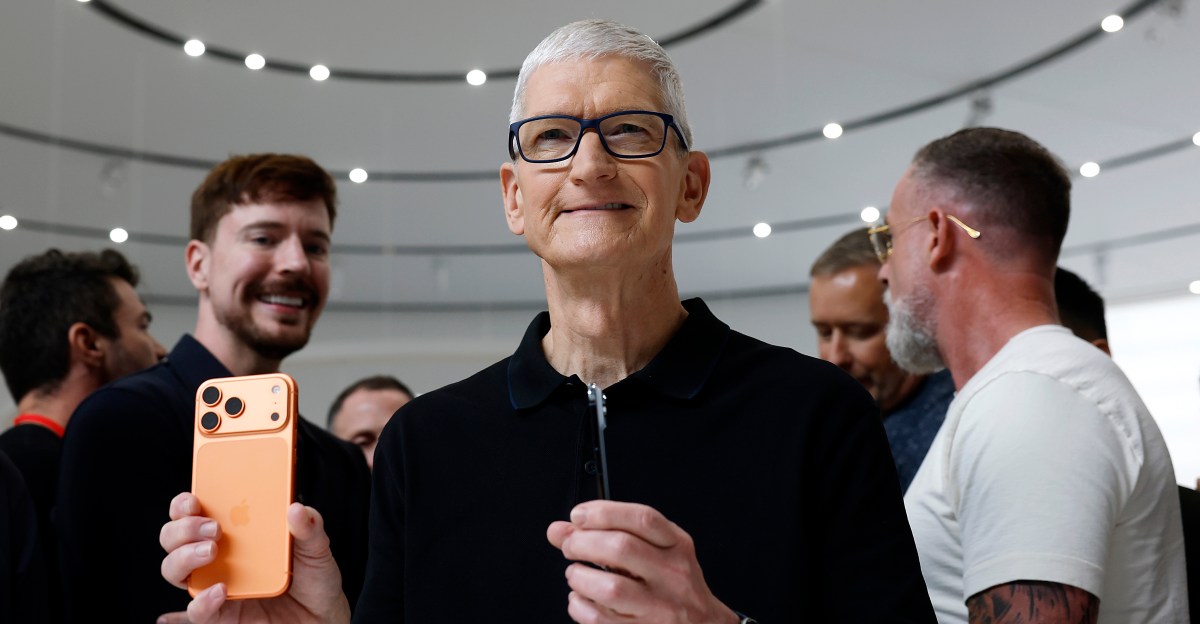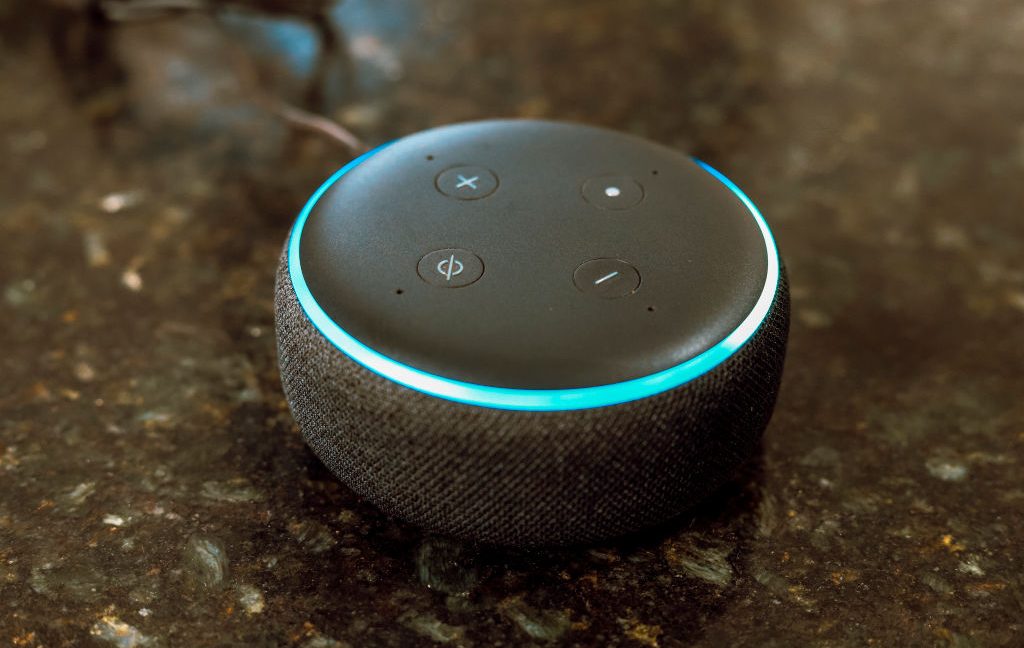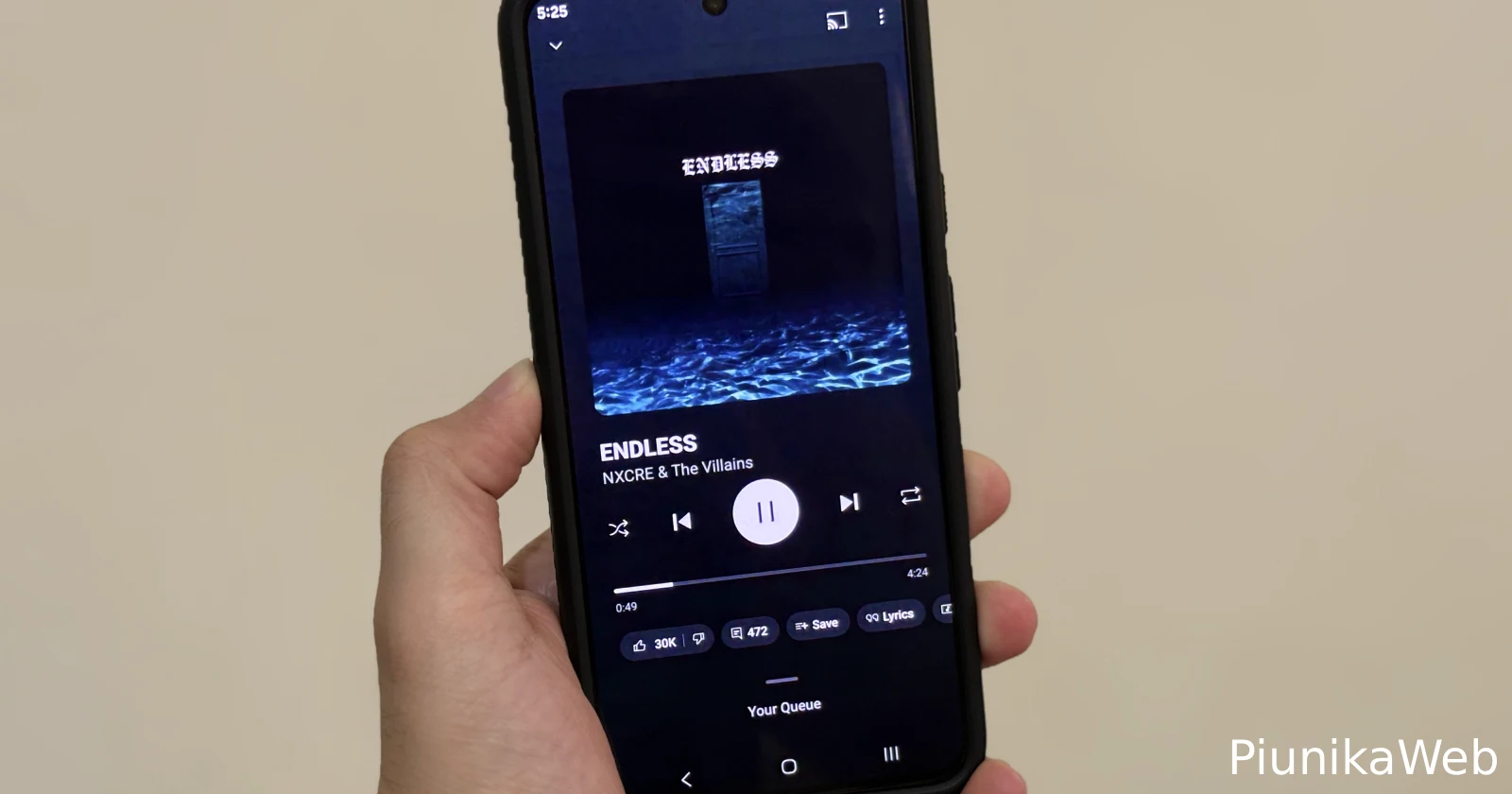Cell Phone Bills: The Silent Budget Killer Draining Your Wallet

Thinking of upgrading to the latest iPhone? Carriers are dangling tempting offers that might catch your eye, promising to cover the cost of your new device. But before you get swept up in the excitement, there's a crucial question you should be asking: Is your mobile plan really serving your needs?
While free or discounted iPhones sound like an irresistible deal, the real value lies in the plan behind the phone. Many carriers use flashy device promotions to distract from less-than-optimal service plans that could be costing you more in the long run.
Smart consumers know that a great phone means little if your plan doesn't match your lifestyle. Consider factors like data allowances, network coverage, international calling, and hidden fees. Sometimes, a slightly more expensive plan can actually save you money and provide a significantly better mobile experience.
Don't let slick marketing and shiny new devices cloud your judgment. Take the time to compare plans, read the fine print, and choose a mobile solution that truly works for you. Your wallet—and your communication needs—will thank you.








